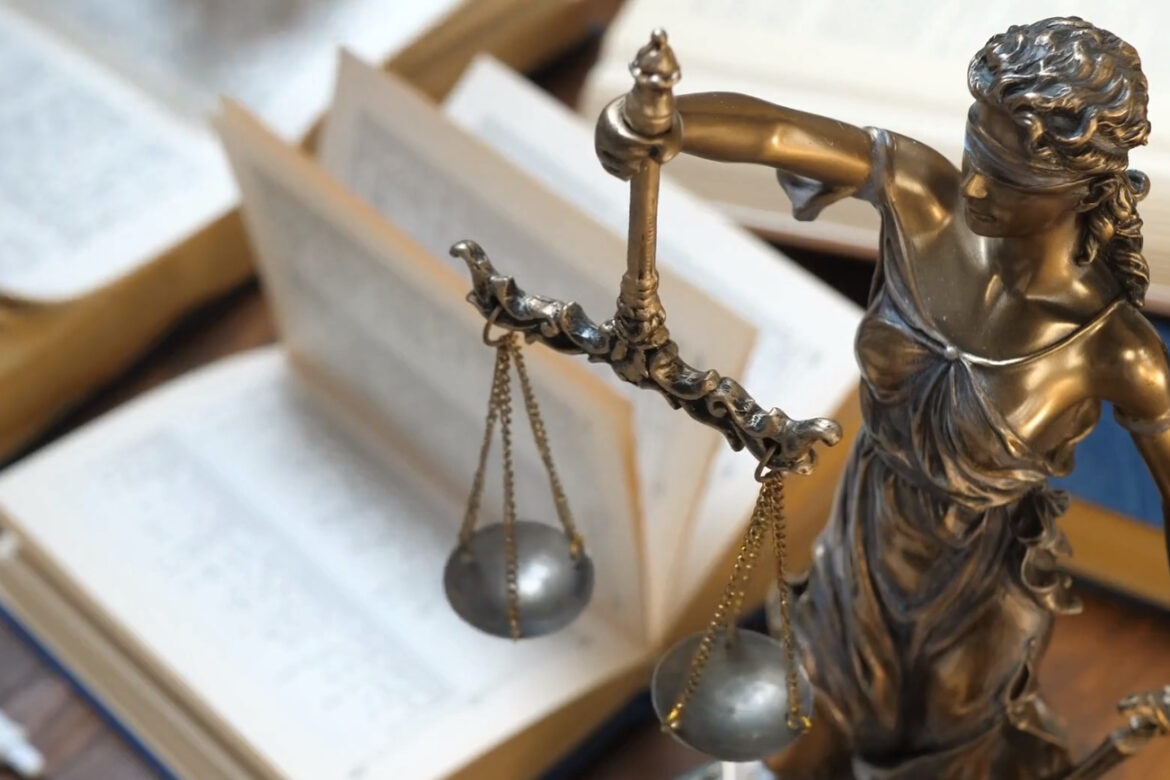A collateral agreement for the purchase of a property may be illegal and result in criminal liability
A collateral agreement to pay under the table for an immovable property, in addition to being illegal and void, may also incur criminal liability of the contracting parties, and others who take part in such illegality.
Evasion of payment of VAT, capital gains tax or other dues is not in anyone’s interest, whether the seller or the buyer, because the benefit from the illegality is negligible in view of the risks involved.
The reduced price stated in the sale agreement with part of it not mentioned at all, which is usually a large amount, is illegal. In the case of a dispute between the parties, neither is it collectable by the seller, nor is it refundable to the buyer, no matter in what way it is claimed.
Any such legal dispute will create unnecessary suffering and expense; their lawsuit will be dismissed without costs, no court will allow or approve the illegality and the case will be sent to the Legal Office for examination of the possibility of committing criminal offences.
Whatever justification the parties may put forward, it will not be accepted by the court and the outcome will be the dismissal of the lawsuit with both the seller and the buyer at a loss.
Supreme Court case
The subject matter of the appeal before the Supreme Court, examined in C.A. 209/2015, with the judgement dated July 3, was a buyer’s complaint that a claim he had made for a refund of £90.000 (€153.774) that he had paid to a seller “under the table” was dismissed.
The court of first instance found that the amount was paid within the framework of a collateral agreement that the parties had concluded to serve the main agreement for the sale of a house for the amount of £345.000 (€581.467).
The court held that this was an illegal transaction, since the payment of the additional amount was concealed from the Public Treasury.
The Supreme Court found the assessment of the court of first instance to be correct. The first instance court did not believe the buyer’s position that despite sending the additional amount of £90.000 to the seller, he did not know that this would be paid as part of the purchase price for the house, or the method of payment, ie under the table.
It noted that both parties initially denied that they knew about said payment. The court, however, found that the above amount was paid by the buyer of his own free will, knowing that this constituted part of the purchase price for the house, which, however, was not mentioned in the sale agreement, and on this basis dismissed the claim.
Additionally, it indicated that the court correctly noted that the buyer was an economist with studies in the field and did not accept that he had not requested, from the outset, to be informed about the purpose of the additional payment, which was not at all a negligible amount, resulting in reasonable findings, as to the events that took place.
Conclusion of the Supreme Court
The Supreme Court, summarising, concluded that according to the seller, the payment of the amount of £90.000 was part of the price, but was not declared for tax reasons for him, while at the same time, the buyer would also benefit.
Specifically, he would pay less transfer fees and VAT, since the price he paid for the purchase of the house appeared in the sale agreement to be £90.000 lower than the actual one. Therefore, the specific payment concerned an illegal transaction that had, however, been processed.
It indicated that all that remained was for the parties to be held accountable, each to the appropriate state body, for what they owe as a result of the transaction in question. If there was a question of investigating the commission for criminal offences in this regard, it would be up to the Attorney-General of the Republic to act accordingly.
Regarding the issue of costs, the Supreme Court found correct the observation of the buyer who challenged in the appeal the correctness of the order for costs against him and in favour of the seller, given the court’s finding that the parties had agreed to carry out the illegal transaction.
It found that the Court should have dismissed the action without any order for costs in order not to reward parties who participated in a conspiracy to defraud the state.






Click here to change your cookie preferences